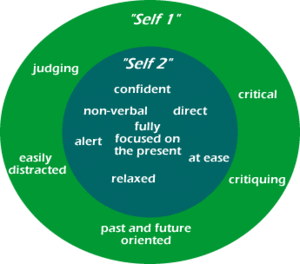Self-Concept

The self-concept is the accumulation of knowledge about the self, such as beliefs regarding personality traits, physical characteristics, abilities, values, goals, and roles. Beginning in infancy, children acquire and organize information about themselves as a way to enable them to understand the relation between the self and their social world. This developmental process is a direct consequence of children's emerging cognitive skills and their social relationships with both family and peers. During early childhood, children's self-concepts are less differentiated and are centered on concrete characteristics, such as physical attributes, possessions, and skills. During middle childhood, the self-concept becomes more integrated and differentiated as the child engages in social comparison and more clearly perceives the self as consisting of internal, psychological characteristics. Throughout later childhood and adolescence, the self-concept becomes more abstract, complex, and hierarchically organized into cognitive mental representations or self-schemas, which direct the processing of self-relevant information.
See also: PERSONALITY DEVELOPMENT
Bibliography
Damon, William, and Daniel Hart. Self-Understanding in Childhood and Adolescence. New York: Cambridge University Press, 1988.
Harter, Susan. "The Development of Self-Representations." In Handbook of Child Psychology, Vol. 3: Social, Emotional, and Personality Development, 5th edition, edited by William Damon and Nancy Eisenberg. New York: John Wiley and Sons, 1998.
Lewis, Michael. "Social Knowledge and Social Development." Merrill-Palmer Quarterly 36 (1990):93-116.
Jeannette M. Alvarez